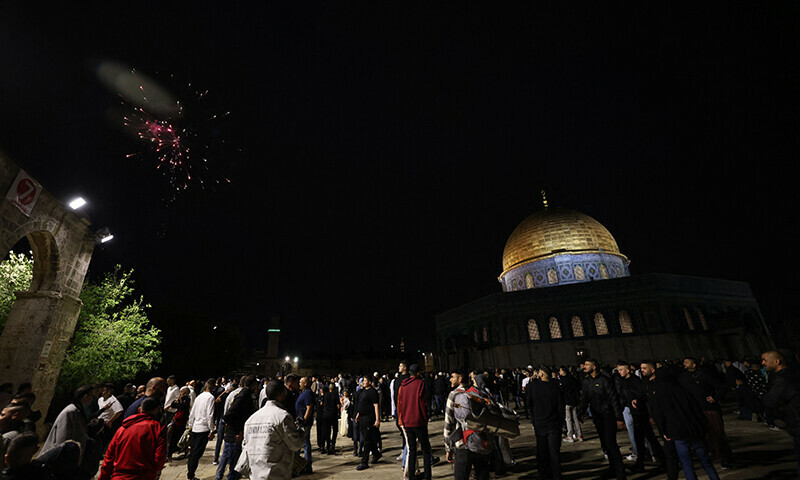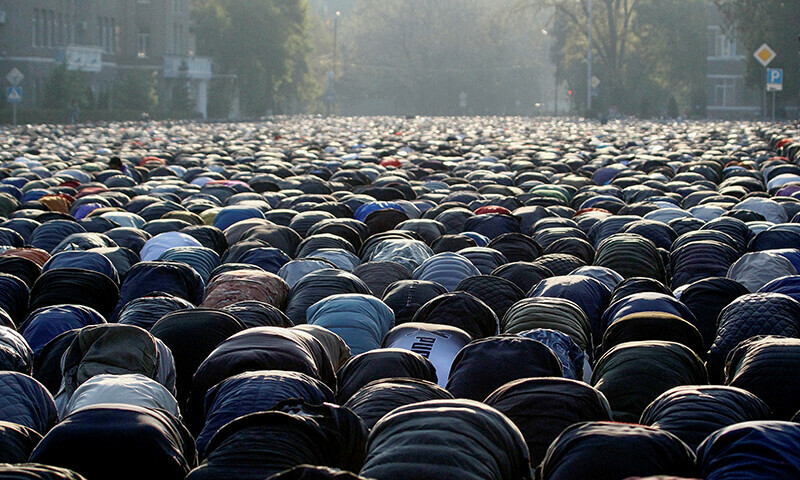Forensic evidence
IT was Edmond Locard (1877-1966), the ‘Sherlock Holmes of France’, who came up with the ‘exchange principle’ in criminal investigation. According to this principle, everything and everyone that enters a crime scene leaves some piece of evidence behind.
Forensic science is an integral part of the modern criminal justice system. Its earliest application dates back to the ancient Greek and Roman societies. Notable contributions were made by them in medicine, especially pharmacology, ie, the types of toxins and their uses and effects.
Significant efforts were made in China in the 13th century in pathology and entomology to solve crimes, while 16th-century Europe saw medical practitioners making further contributions to forensic medicine. By the 17th century, forensic science had begun to evolve into an important area of study.
Later, the 18th and 19th centuries witnessed a breakthrough in the application of forensics in solving crimes via footprints, clothing fibre, fingerprints, ballistics, toxicology and DNA profiling.
The 20th century saw law enforcement form special forensic teams for evidence-gathering and analysis, as crime scene investigation acquired a modern outlook.
Forensic analysis, which involves careful consideration of each piece of evidence at the crime scene, is an essential part of police work today. The investigation is helped by recreating the scene of crime in multiple ways to connect the crime with suspects, assess motives, identify the weapon used or the method employed to commit the crime. It not only helps in narrowing down the suspects but also getting the real culprit convicted.
Forensic science provides the scientific basis for information through the analysis of physical evidence, the identity of the culprit through clues at the crime scene such as fingerprints, blood drops, hair, mobile phones, etc. Most crime today is committed, facilitated or abetted via digital means, making digital forensics another mode of investigation.
Any contamination of the crime scene will affect the outcome.
Traditional forensic analysis methods include chromatography, spectroscopy, hair and fibre analysis and serology (eg, blood/DNA examination). Advanced methods involve forensic anthropology, entomology, odontology, chemical analysis, criminal profiling, geographic profiling, document analysis, data analysis and audio/video analysis. The goal of using forensic tools is to connect the crime with the suspect and obtain a conviction after a trial.
To this end, there are two important aspects — the preservation and recording of the crime scene. Failure to accomplish these two crucial steps can jeopardise scientific evidence and end in the loss of forensic records.
The law delineates the admissibility of evidence when collected properly and after following a clear chain of custody. Any contamination of the crime scene or the forensic evidence collected will affect the credibility of the investigation and give the accused an advantage.
Significant details of evidence that are required during a crime investigation are recorded at two levels. An examination is carried out for class characteristics and the other for accidental characteristics of the evidence.
The former includes items like shoeprints, tool impressions, etc. If these point towards a suspect then there is sufficient circumstantial evidence and reasonable grounds for building up a case. Accidental characteristics are unique marks and features that develop on any item resulting from wear and tear. Investigators use accidental characteristics to link the suspect to the crime scene or the victim.
These days, criminal investigations are incomplete without forensic analysis, which contributes enormously to solving heinous crimes and other forms of violence. Without the application of forensic science, it would be very difficult to catch any criminal, unless an eyewitness was present at the scene of crime.
As soon as a crime is reported, police and other law-enforcement agencies become involved in the collection of evidence. The investigating officer tries to collect the maximum amount of proof found at the scene of crime, be it physical or digital; even minuscule evidence can affect the outcome of the case at hand.
It is forensic science that deals with the analysis of the evidence to establish facts that are admissible in a court of law. Without the help of forensic science, murderers, thieves, drug traffickers and rapists would roam free.
It is therefore of utmost importance for police forces to keep pace with modern forensics in terms of their training, equipment and the use of analytical tools. Rational and scientific methods are pivotal in making investigations transparent and their outcome certain.
The writer is a police officer.
Twitter: @MariaTaimurPSP
Published in Dawn, April 29th, 2023
from The Dawn News - Popular Last 24 hours https://ift.tt/sBzpAx0
via IFTTT






















